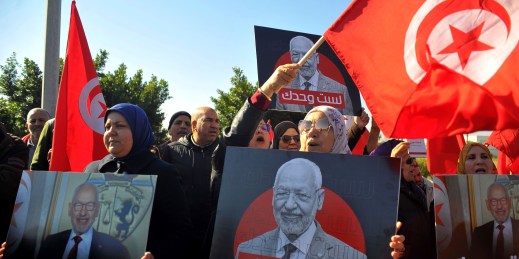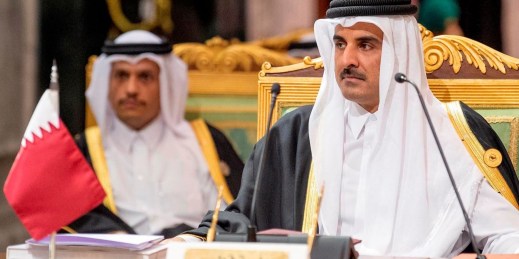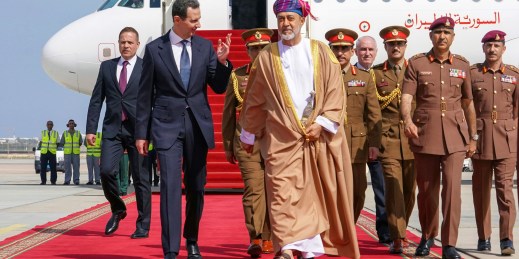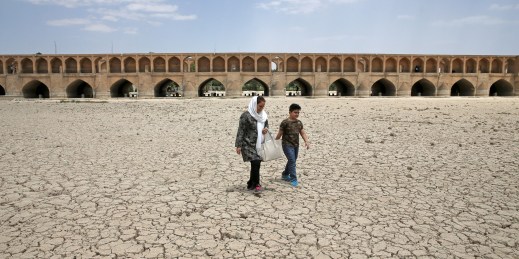
Tunisian opposition leader Rached Ghannouchi was arrested last week and remains in detention, as part of an ongoing crackdown against critics of President Kais Saied. Ghannouchi’s arrest and Saied’s clampdown on political freedoms have major implications for Tunisia’s domestic affairs as well as its foreign relations.



